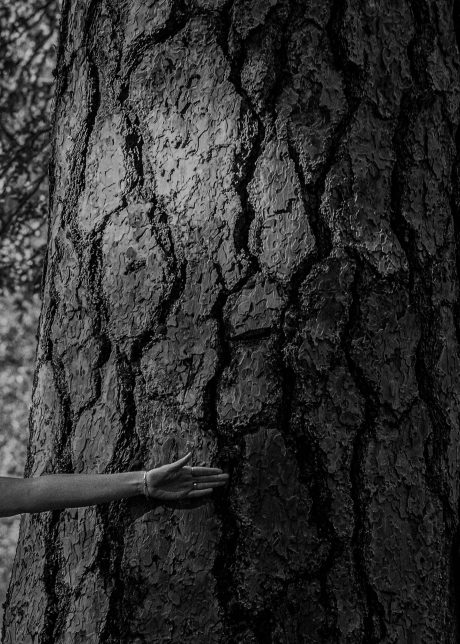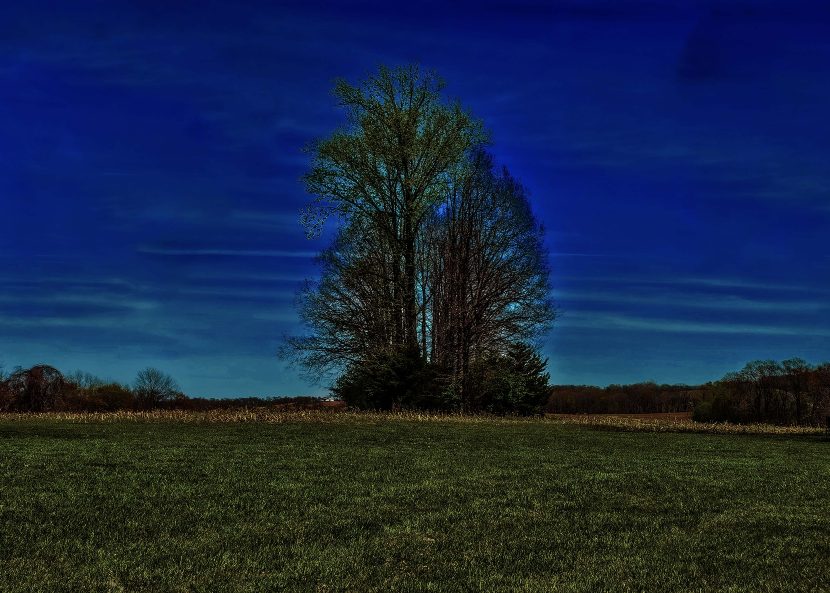Abraham Lincoln pointed out in a speech that we have never had a good definition of Liberty. That most people used the word to mean different things. At base, we can perhaps agree that two meanings offering potential conflict are (1) Liberty from and (2) Liberty to. The war of independence was a major demonstration of the driving force of the first—separation from England—while once established the subsequent political struggle from then till now has been of the latter. Because we use the terms alternately—Freedom and Liberty—here perhaps more intently, it behooves us to come to grips with what they mean. Are they, in fact, the same idea?
I would suggest, like other such pairings that become entangled and carelessly deployed, that they are absolutely related, even connected to some degree, but distinct ideas requiring a bit more observation than common usage suggests. (For instance, Truth and Fact. While certainly related, a full understanding reveals distinctions that can become vitally important in practice.)
For the time being, allow me to offer these distinctions: Freedom is ultimately a sense of personal agency in the unencumbered pursuit of Self. Liberty is the ground on which such pursuit is enabled by and within a community.
In shorter terms, Freedom is personal and Liberty is political.
Lincoln’s point in his 1864 speech was that some people hold that Liberty is to give them volitional power over themselves, while other people feel it is to allow them power over others. That one man’s sense of Liberty is to be allowed to do with and for himself unencumbered while for others it is to allowed to bind others to his desire to act in the world, also unencumbered. At the time Lincoln was referring to slaveholders. The slaveholder position was that the Liberty of a white man was the only thing that mattered.
In any discussion of Freedom, it is important to distinguish between an abstract concept of personal agency and the political field of enabled action by a self-defined group.
In this sense, Liberty and Freedom are distinct.
This should not be a surprise to anyone. Any more-than-cursory look at history shows it to be true, and not capriciously so. Freedom to self-define is fundamental. If such self-definition comes with restrictions, this is to be expected, since “absolute” freedom in the sense of available choices to act in the world is a fantasy. We cannot choose what we cannot do by virtue of organic or conceptual limits. (See Part One) We may well imagine having powers to act contrary to nature (and in certain ways we may eventually find ways to seem to do so) but we are not sorcerers. As well, some of what we may imagine doing usually comes in conflict with those around us (and even our own selves). For functional freedom, responsible conditions must be acknowledged. In order for fulfilling action and what we might call Life Satisfaction to be realized, we must establish the groundwork within which to operate.
Such groundwork becomes the functional purview of Liberty. Liberty is political.
Which means it is a matter of negotiation and the establishment of limits.
Because these questions impinge directly on matters of personal self-conception, there is a constant tension between what is and what one feels.
Lincoln also said that those who deny freedom to others do not deserve it themselves. But it is clear that they themselves thought they had a perfect right to deny freedom to those they considered their inferiors—or just different—and reserved the notion that they did not deny freedom to others by defining those others exclusively as their social equals. The work to expand a personal concept of mutuality to those they thought unequal is perhaps a personal struggle, but one which had real-world consequences. Thus the confusing mingling of concepts of Freedom with the practicalities of Liberty.
How does that apply today?
Liberty can be likened to architecture. We design and build the house in which we seek to exercise our Self. In this instance, the ordered structure that enables the coherent expression and exercise of Freedom. How we then define Freedom becomes a question of agency. We can say we are free if such exploration and discovery of that agency is unchallenged. (Which is why privileged classes under almost any system call what they have “freedom” even when to an outsider it clearly is not.) But each community attempts to construct that framework so as to support the practice of its concept of Freedom. The differences then are determined by who—what part—of that community is defining Freedom.
So when change is demanded by those not sharing in that definition, it requires a rearrangement of that architecture. When the walls and floor plan change, those who have been inhabiting that structure comfortably often react as though threatened. Why, if their actual range of action has not changed? Of course, this is open to a certain degree of interpretation. If the structure has changed, why wouldn’t some people’s choices also change?
Choices to do what, though?
If among such choices is one’s assumed right to bar certain people from actions presumed to be an exclusive privilege, then we have to redefine both sets of definitions—Freedom and Liberty. (For instance, keeping children previously excluded from certain schools out of those schools based on criteria rooted in a concept of privilege.)
But more fundamentally, the discord may be based on a misalignment of concepts. A look at our current suite of political anxiety suggests that many people mistake Freedom for Liberty and misidentify Liberty itself. In others, they invest their sense of Freedom in the structure, not in what they are free to do within it. The assertions by certain jurists over the question of Originalism are, in my opinion, indicative of a failure to see the structure as little more than the lines drawn to organize, say, an optimal range of expression. Instead they seem to argue that any alteration in that structure is a de facto curtailment of actual Freedom. Perversely, supporters of this point of view at times demand a virtual discarding of the structure altogether because those they seek to bar from its benefits seem to be able to use those structures effectively.
At some point it has developed that what happens within the walls of our Liberty cannot be limited ethically and the only recourse for those seeking such restrictions is either the obsessive defense of those structures in accord with the original concept or an abandonment of them. What is happening in terms of accommodating actual Freedom is dismissed in this argument because it inconveniences certain groups. While certainly this can be understood as a fundamental misapprehension of what Freedom and Liberty mean, both separately and in concert, it can more pertinently be seen as a cynical insistence on a rejection of those meanings on behalf of those who never accepted them in the first place, at least not as universal ideas meant to apply to everyone equally.
I suggest we need to sort these questions out, sooner than later. In the meantime, thoughts to ponder.






